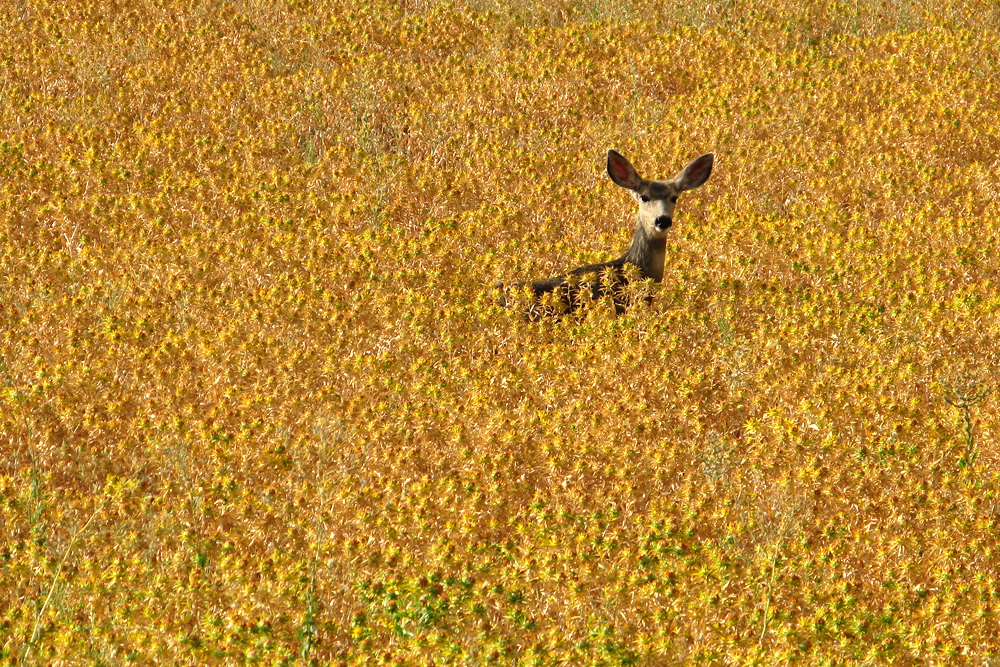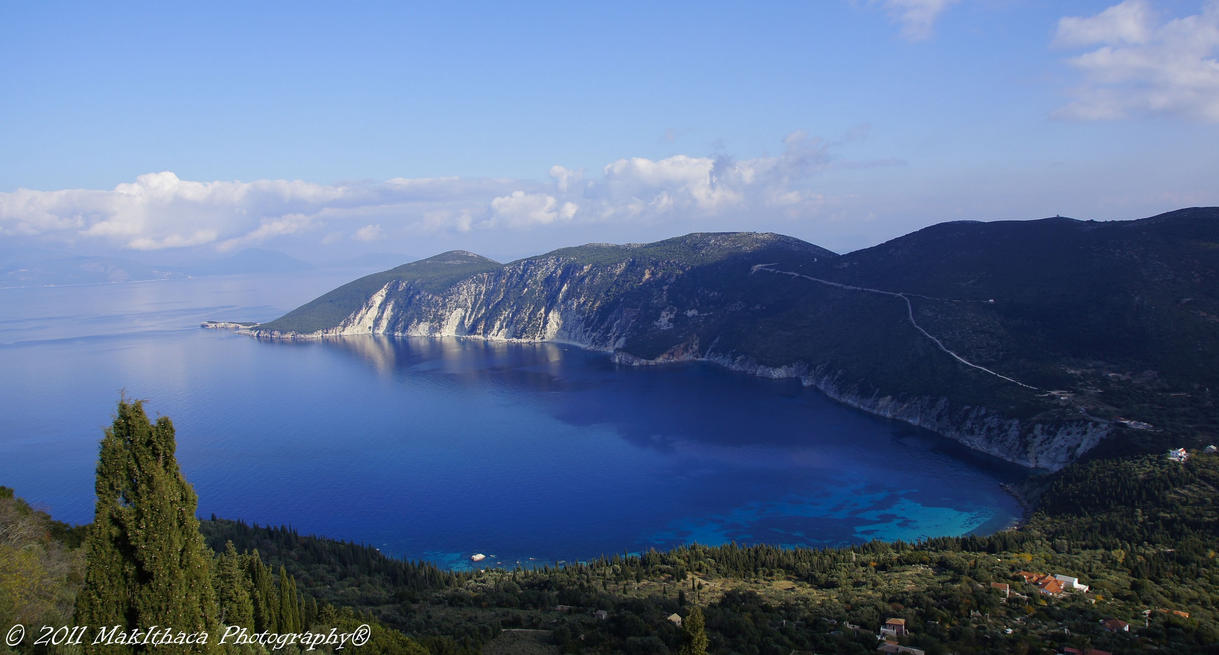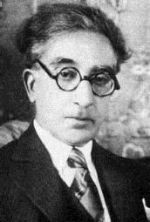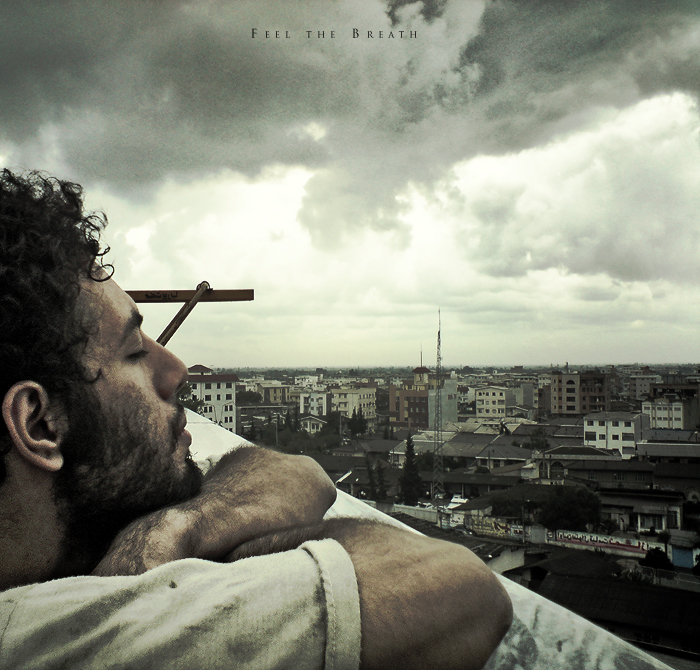Feb 28 2018
Yuan Mei – Climbing the Mountain
Climbing the Mountain
by Yuan Mei
English version by J. P. Seaton
I burned incense, swept the earth, and waited
for a poem to come…
Then I laughed, and climbed the mountain,
leaning on my staff.
How I’d love to be a master
of the blue sky’s art:
see how many sprigs of snow-white cloud
he’s brushed in so far today.
 — from I Don’t Bow to Buddhas: Selected Poems of Yuan Mei, Translated by J. P. Seaton
— from I Don’t Bow to Buddhas: Selected Poems of Yuan Mei, Translated by J. P. Seaton
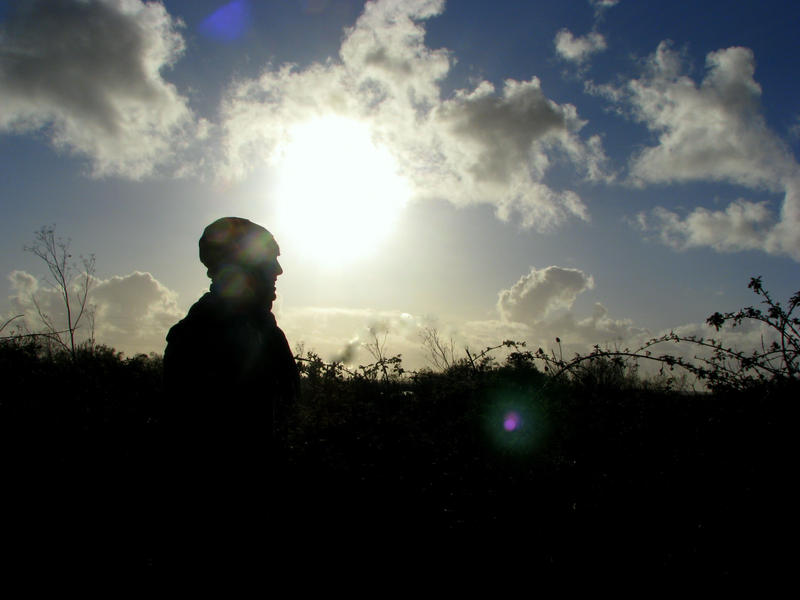
/ Image by serenity-temptations /
I burned incense, swept the earth, and waited
for a poem to come…
I think any artist can relate to this opening line. We have our rituals, half prayerful, half desperate, seeking to draw forth that intangible spark of inspiration.
And what is it we seek really? One more poem, one more compelling scene for our novel in progress, a new variation on a classic melody, just the right angle for our subject in charcoal? While important, those are details, not the art itself, not that intangible something we are really fishing for in the quiet tense moments before creation.
What we’re really seeking is a feeling, a sense of budding life and purpose behind the technique of our creation. It is not craft we seek, but the unnamed animating spirit that will bless our craft, bring it to life, and awaken something in everyone touched by this new creation.
But art itself can be a trap. At its best, it is a magical act, a shamanic endeavor that transforms and heals society, bringing forth new possibilities within the human spirit. But art can also be a bellows for the ego, a way to reinforce one’s self-importance and place in the world. Too often art starts to point back to the artist’s own face.
Then I laughed, and climbed the mountain,
leaning on my staff.
In such moments, perhaps it is best to step back from the busy work of one more creation and remember to widen our scope in order to restore perspective. Any human act of creation, no matter how filled with life and magic, can never match the artistry writ large in the world all around us.
How I’d love to be a master
of the blue sky’s art:
If we only recognize that spark when captured by a human hand, we have lost a vital connection to the greater reality.
We must regularly return to the pool of wonder itself, found most naturally where the human being is incidental. We must remember to recognize the real art everywhere present, unsigned, just the artist’s hidden smile.
That is where the real communication is happening. Where you and I are not the authors, but stand instead as quiet witnesses, that is where the most profound transformation occurs. That is the real magical encounter.
see how many sprigs of snow-white cloud
he’s brushed in so far today.
Restored, we then return to our own actions and creations as a modest reflection of the great artist’s work. Our work in the world becomes a form of participation rather than self-aggrandizement.
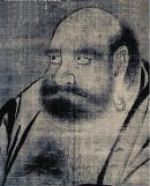
|
Yuan Mei
China (1716 – 1798) Timeline |

